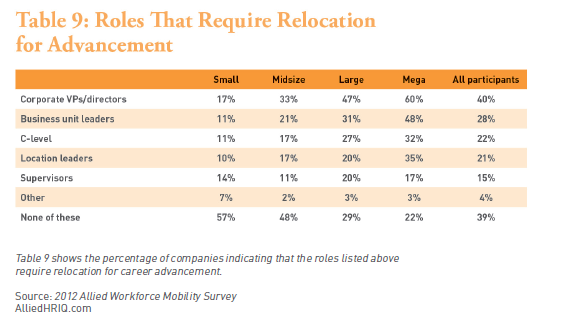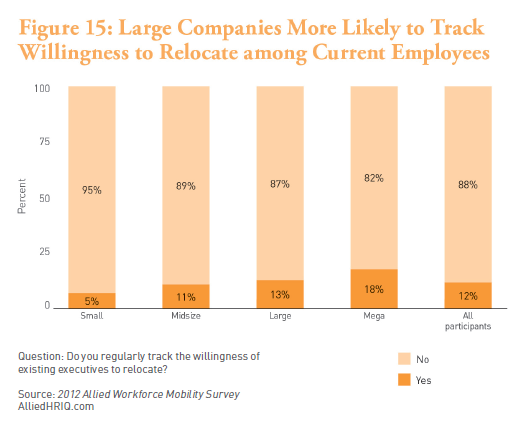FOLLOW-UP: More on Home Ownership and Employment
Yesterday, I posted about the downward trend in home ownership rates in the United States, coupled with the sharp rise in 'all-cash', primarily investment-driven home purchases, (which almost always are converted into rental properties), and the implications these trends might have on work, employment, and mobility.
So it was really interesting to me that this morning more on the topic of the relationship between home ownership and employment was posted on Business Insider in an article called 'High Home Ownership Is Strongly Linked To High Unemployment [STUDY]", a look at some recent research out of Warwick University on this very subject.
The piece is relatively short, but I will pull out the most pertinent points below:
High levels of home ownership are strongly linked to subsequent rises in unemployment because labor mobility becomes reduced, according to new research.
Using data going back to 1950 across all U.S. states except Alaska and Hawaii, Warwick University economics professor Andrew Oswald finds that the lag from ownership levels to unemployment rates can take up to five years to show up.
But he said the linkage, established using data on millions of randomly sampled Americans, was extraordinarily robust.
Doubling home ownership in a state can lead to more than a doubling of the jobless rate.
"I have become convinced that by boosting home ownership we have ruined our labor market," Oswald said.
Oswald said the research may go some way to explaining why Spain, with a home ownership rate of 80 percent, has unemployment above 25 percent, whereas Switzerland, with a 30 percent ownership rate, has a jobless rate of just 3 percent. Germany, another nation of renters rather than home owners, also has relatively low unemployment.
Home ownership unwittingly impairs the labor market by deterring people from moving in search of work, a process that is time-consuming and expensive; long commuting times might also discourage a householder from taking a particular job, his research suggests.
A nation of renters, if indeed that is where America is moving towards, might not be all that bad for the future of work and employment, if this study has any truth and validity. 
And aren't we seeing and hearing from pretty much every front that surely one element of the nature and future of work is that it will be, for many more people that before, more fluid, more temporary, more 'project-based' and not 'employer-based'.
A future where many more people will bounce around from assignment to assignment, from 'employer' to employer, and from city to city even, as they chase the much more transient opportunities to ply their trade and earn a few bucks.
Many of us have tales we like to tell about the 6 crappy apartments we lived in after college before we 'settled' somewhere and maybe bought a house, got married, or at least decided to live with a significant other, and maybe even had some kids.
But that 'settling' process almost always came after the steady, 'permanent' jobs were landed. Maybe they were not the jobs or companies you saw yourself staying in forever, but they would be secure enough to save up some dough, prove to the mortgage company that you could in fact afford your new house, and even convince skeptical in-laws to be that you would be a suitable partner for their child.
But in a economic climate where 'permanent', (if there was really ever such a thing), work is fast-becoming a relic of the past, then too, it seems like some of the follow-ons that came from landing those jobs, (getting married, buying houses, having 2.2 children), are also naturally going to be impacted.
If there are far fewer permanent jobs than it stands to reason that more and more workers will end up living like many of us did in our twenties - bouncing around from one place to another, living out of a few suitcases and boxes, only staying until the next job takes us somewhere else, since no 'job' is going to last too long.
It is a great deal for the companies that want to engage with labor and talent in this manner, but I am not at all sure that as a society we are prepared for a much more transient, less-rooted, nomadic population of professionals, wandering from place to place, and rental house to rental house, chasing a dream that is receding further away all the time.
But think about it, if we were all willing/able to move much more freely in pursuit of work and opportunity, how many of us would stay right where we are and how many would pick up and find something better?
Happy Weekend all!

 Steve
Steve

